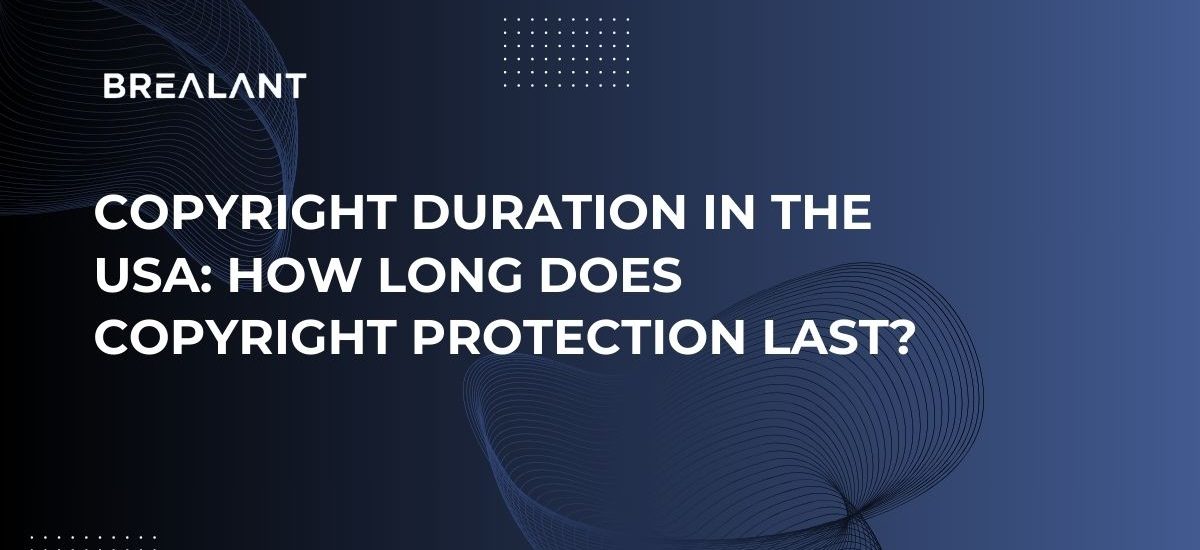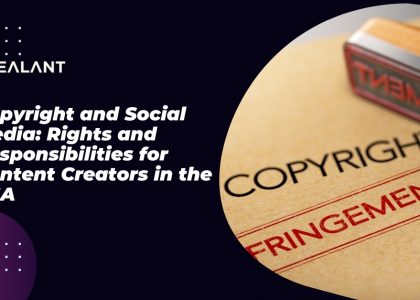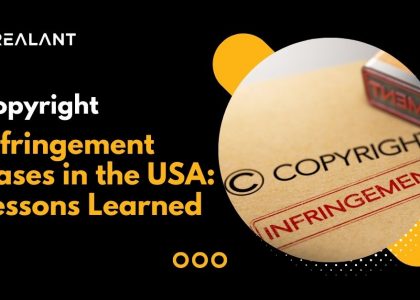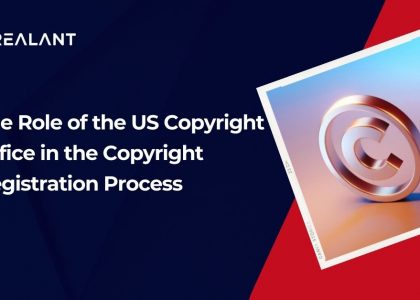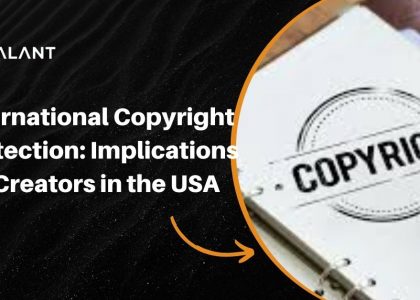When you create something, do you think about the future? The answer is yes for many people, provided their creations are not used without their permission. However, what happens to copyrights if your creations are never seen again?
The term “copyright” dates back to the modern era and was initially introduced in England in 1710. It was designed to give authors and artists the exclusive right to their original works for a limited period. Copyright law can be tricky and sometimes needs to be clarified when a work enters the public domain.
Precisely defining what violates copyright and what does not is usually very tough. How similar characters are in a book or similar two songs’ refrains may serve as the legal standard for infringement. Applying legal standards to artistic endeavors can be exceedingly challenging when applying copyright law.
What is the duration of copyright protection in the USA?
Copyright protection is generally valid for as long as the author is alive, plus an additional 70 years. In the event of joint works, copyright protection is valid for as long as the final surviving co-author is alive, plus another 70 years.
The copyright term for works created for anonymous, pseudonymous, and hire works is either 120 years from the year of creation or 95 years from the year of first publication, depending on which expires first. A copyrighted work becomes public domain after its period of protection expires.
Although copyright does not permanently protect a piece of work, it can be renewed for an extended period if the copyright owner wants to extend the work’s protection.
Some details will be useful to know if you decide to register your copyright renewal. The author, or if the author is deceased, the surviving spouse, and/or the author’s children are the only parties that may request a copyright renewal. The executor of the author’s will or, in the absence of choice, the author’s next of kin may file a claim for copyright renewal if the deceased author does not leave a spouse or children.
On or after the first of January 1978, a work is considered to have been created (for the first time in tangible form) and is typically assigned a term lasting for the author’s lifetime and an additional 70 years after the author’s passing. The phrase applies to “a joint work” created by two or more authors that were not a “work made for hire” for a fee, and it expires 70 years after the passing of the last surviving author. The copyright period will be one hundred and twenty years from creation or ninety-five years from publication, whichever is brief, for works created for anonymous, pseudonymous, and hire works (unless the author’s identity is disclosed in Copyright Office records).
For copyrights that were in effect as of the first of January 1978, the copyright renewal period was increased from 28 to 67 years by the present copyright law, making these works eligible for a 95-year total protection period. To extend the original 28-year copyright term to the full 95 years, a renewal file was once required but is no longer necessary. However, there are certain advantages to renewing your registration in the 28th year of your initial term.
Between 1923 and 1963, the copyright holder was required to have submitted an application to the Copyright Office for a renewal term if a work was published during that time. Without compliance, the work became public domain, and the copyright lapsed. These works would only become public domain in 2018 (95 years from 1923) if they submitted a renewal application because they would have a 95-year copyright term. There is no need to submit a renewal request for a work published between 1964 and 1977 because the term is already 95 years long for these works.
Conclusion
Copyright protection can last anywhere from one day to seventy-five years. Factors affecting how long your copyright remains valid include whether it has been registered with the Copyright Office and whether it is being used commercially. If you have created something and want to ensure that it remains protected, you must make sure that it is registered with the Copyright Office and that it is being used commercially.
As long as your creative work remains protected by copyright or trademark laws in the USA, you will likely enjoy some level of financial security during your lifetime and after you die. However, any changes in these laws may impact your ability to protect your work going forward. If you have questions about copyright protection or other intellectual property matters, then the experts at Brealant will provide efficient guidance to ease your curiosity. Whether it is a copyright application or to ensure the safety of your copyright, the experts will get you through the process.


